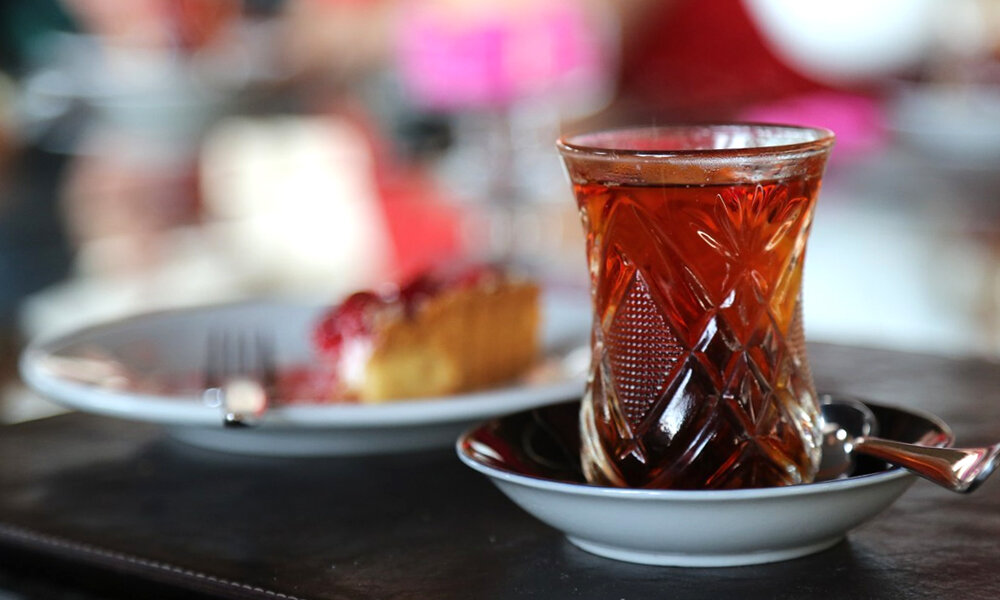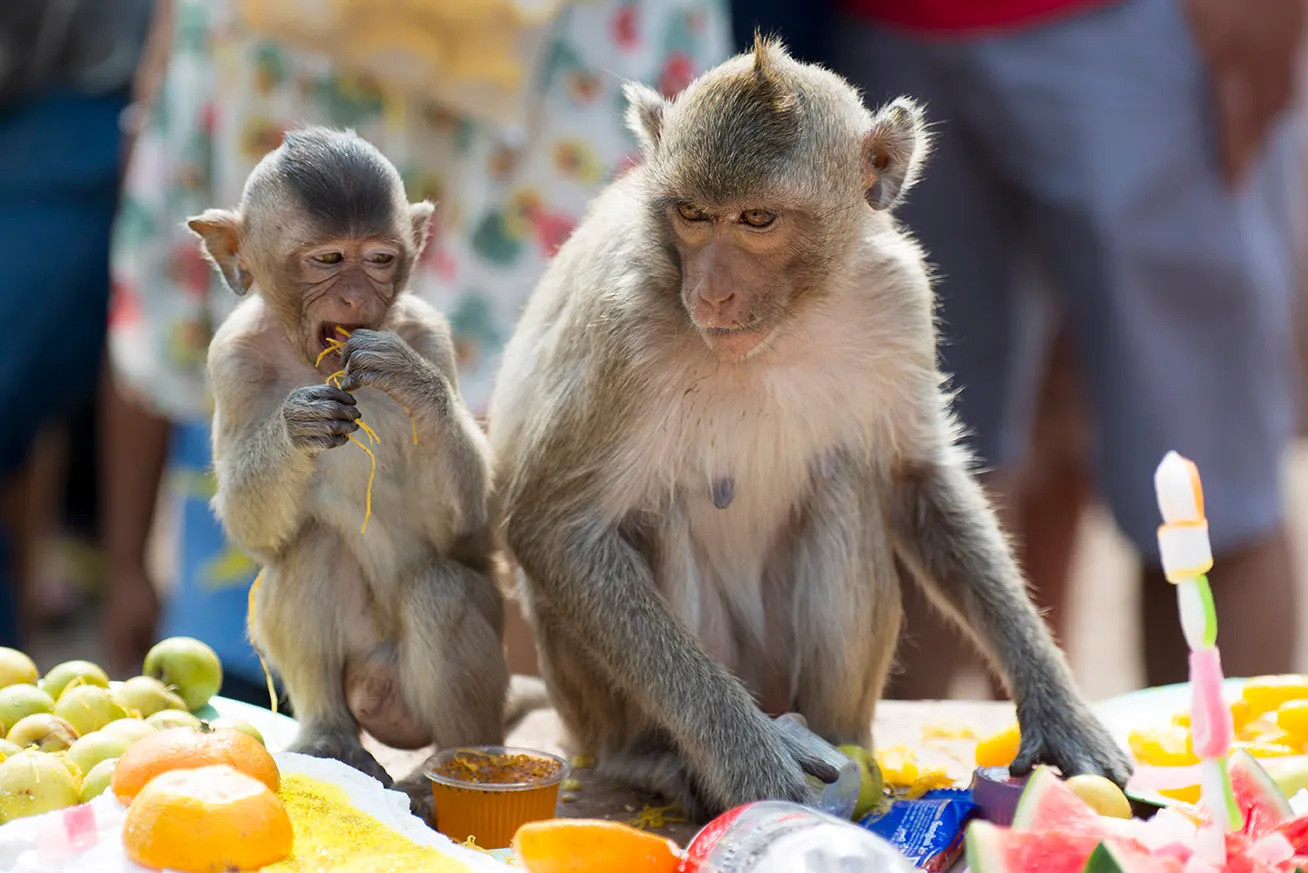
Culture • 18 November, 2025
Traditions that will surprise travelers around the world
Travelling allows you not only to see new cities and sights, but also to get acquainted with the culture and traditions of the peoples who have shaped them over the centuries. The daily habits of residents, customs of communication, feasts or greetings often turn out to be what is remembered the longest. Each country has its own characteristics that help to better understand its character. Thanks to convenient routes and regular flights from Centrum Air, you can easily set off to new experiences and get to know the traditions of different peoples in person.
Knowledge of cultural norms makes travelling more comfortable and helps establish contact with local residents. It shows respect for their way of life and helps avoid misunderstandings. Sometimes these customs seem strange or unexpected, but they are what make a culture unique. In this review, we will take a journey through the most unusual traditions and customs of the world, which will surprise, amuse and make you look at the concept of ‘culture’ in a new way.
Tea hospitality in Azerbaijan
In Azerbaijan, tea is not just a drink, but an important element of the culture of communication. In Baku, tea drinking becomes a real ceremony of hospitality. Traditionally, tea is served in elegant pear-shaped glasses called «armud», the shape of which helps to preserve heat and aroma: the widened middle retains heat longer, and the narrow neck concentrates the rich aroma of the drink. Tea is never poured to the brim – a little space is left for steam, as this keeps it hot longer.
Jam is always served with tea – made from figs, walnuts, quince or even young pine cones. Sometimes lemon or cinnamon is added, and candied fruit is used instead of sugar. The ritual of tea drinking itself symbolises respect and friendship: over a cup of tea, people discuss the news, agree on business matters or simply share their thoughts. Refusing the offered tea can be perceived as rude, because Azerbaijanis believe that tea warms not only the body but also the soul – it connects people and creates an atmosphere of trust.
A holiday for monkeys in Thailand
In the Thai city of Lopburi, located near Bangkok, an unusual event takes place every year – the Monkey Buffet Festival. This holiday is held in honour of the thousands of macaques that live among people and are considered a symbol of good luck and prosperity. According to local legend, monkeys are descendants of the warrior Hanuman from the Indian epic Ramayana, and therefore they are treated with special respect.
During the festival, which takes place at the end of November, huge tables are set up in the square in front of the ancient temple of Phra Prang Sam Yot with treats such as fruit, vegetables, rice, corn and sweets. The food is laid out on trays and pyramids, sometimes decorated with ice sculptures and bright ribbons. As soon as the ceremony begins, hundreds of monkeys rush to the feast, throwing a real party.
The festival has long been a tourist attraction: visitors come to watch the animals eat heartily, play and even try to steal treats from passers-by. Locals believe that treating macaques kindly brings prosperity to the whole city, and the festival is a reminder of the harmony between people and nature, without which life in Thailand would be unthinkable.
Whistling as a language of communication in Turkey

In the north-east of Turkey, in the Trabzon region, an amazing tradition has been preserved – the language of whistling, which the locals call «bird language». This method of communication appeared hundreds of years ago in mountainous areas, where deep gorges and dense forests prevented people from talking at a normal volume. Whistling allowed messages to be transmitted over distances of up to several kilometres, and the inhabitants learned to express not only individual words but also whole phrases.
This language is particularly active in the village of Kushkoy, located in a remote area. There, the whistling dialect is still part of everyday life – it is used by farmers in the mountains, fishermen on the coast and residents of neighbouring villages to communicate with each other. Interestingly, the meaning of words changes depending on the tone and length of the whistle, and the sound can even convey the emotion of the speaker. To preserve this unique cultural heritage, children in local schools in Trabzon are taught the basics of the ‘bird language,’ and in 2017, UNESCO included it in the list of intangible cultural heritage of humanity.
«Black Day» in South Korea
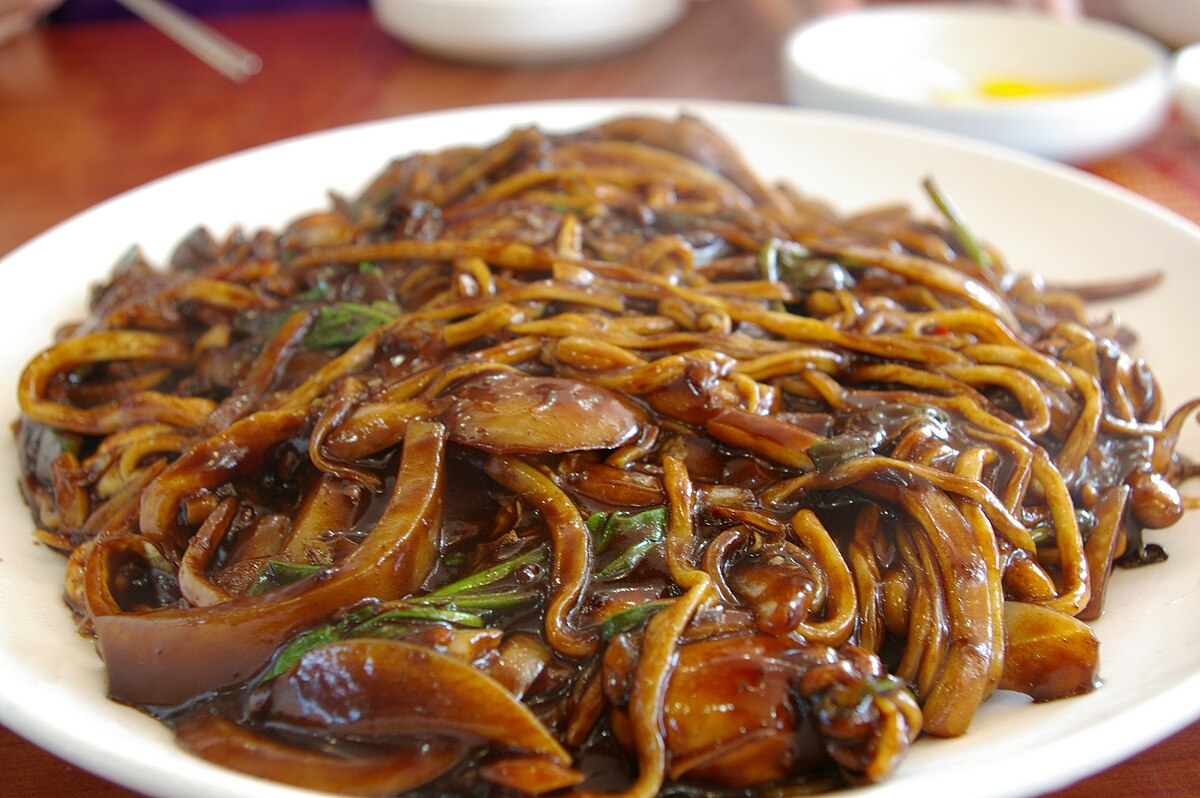
In South Korea, romantic holidays are celebrated with particular gusto – even loneliness has its own official day here. It all starts on 14 February, when, unlike in Western tradition, gifts and chocolate are given exclusively to men. Women choose sweets, flowers and cute souvenirs to express their affection for those who are dear to them. However, this is only the first part of a peculiar ‘love marathon’.
Exactly one month later, on 14 March, comes «White Day». On this day, men are obliged to reciprocate and present gifts to their chosen ones – and not just gifts of equal value, but more expensive and meaningful ones. It is believed that in this way they show the seriousness of their feelings. The colour white symbolises purity and sincerity, which is why gifts in white packaging are popular – from chocolate and bouquets to jewellery and cosmetics.
But a special place in this series of dates is occupied by 14 April – «Black Day», which has turned into an ironic holiday for singles. Those who have not received a single gift in the previous months get together, wear black clothes and go to eat black chajianmen noodles – a dish made of wheat noodles with a thick sauce of fermented beans. This day is filled with light humour and self-irony: over a plate of noodles, you can complain about your failures in love, laugh at yourself, and even make new acquaintances.
The ritual of smashing coconuts on people's heads in India
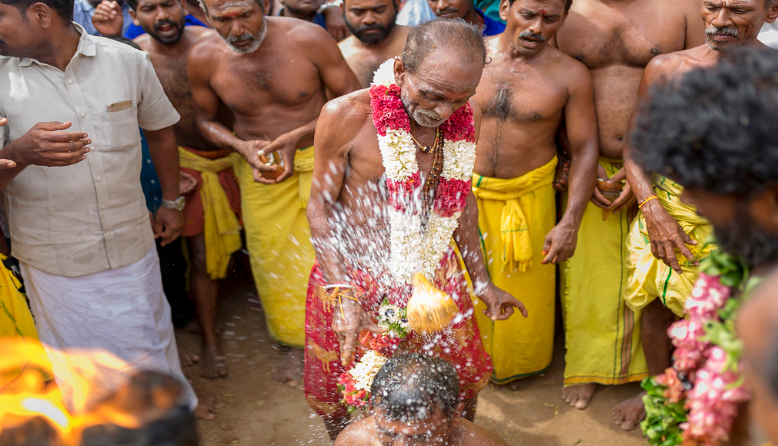
In some areas of southern India, especially in the state of Tamil Nadu, there is still an unusual ritual of smashing coconuts on people's heads. This ritual is part of the Aadi Perukku festival, which is celebrated during the rainy season and symbolises gratitude to the gods for fertility, health and good luck.
During the ceremony, believers gather in a temple, where a priest breaks a coconut over the head of each participant in turn, thus making an offering to the gods. It is believed that the hard nut absorbs negative energy, and the pain experienced by the person purifies their spirit. After the blow, the participants in the ritual usually leave calmly, believing that in this way they receive divine blessing.
The ritual is not mandatory and is performed only for those who are ready to undergo the test. There are different versions of its origin. According to one of them, devotees of Lord Shiva sought to attract the attention of the deity in this way, as the coconut, resembling the three-eyed face of Shiva in shape, was considered his symbol. When Shiva answered their prayers, the tradition became established as a sign of deep faith.
Another version has its roots in the days of British rule. According to legend, the colonisers wanted to demolish the temple to build a railway, but promised to preserve it if the locals could break stones the size of coconuts over their heads. The test was successful, the temple remained standing, and the unusual tradition became a symbol of the resilience and spiritual strength of the people.
The rhythm of the ocean and the voices of the islands in the Maldives
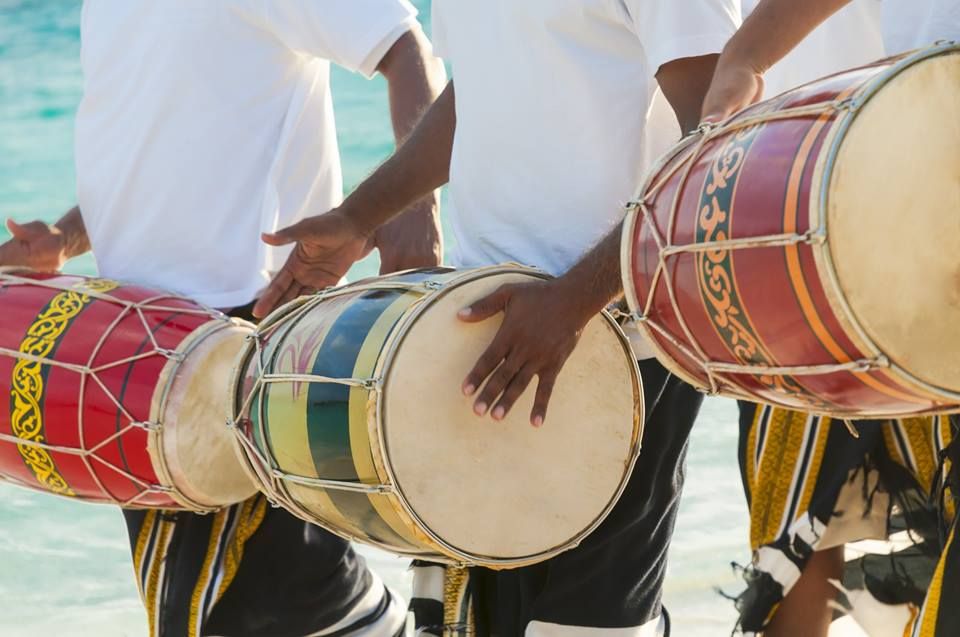
In the Maldives, life is inextricably linked to the sea – it feeds, inspires and sets the rhythm of everyday life. In the capital, Malé, in the evenings you can hear the drums of Bodu Beru (Boduberu), whose sounds carry across the embankments and courtyards. This ancient musical style appeared as early as the 13th century and once accompanied sea voyages and rituals. It is played on large wooden drums covered with stingray or goat skin, and the participants sing and beat out the rhythm with their palms, gradually increasing the tempo.
Bodu Beru songs tell of the sea, the wind, fishing and human resilience in the face of the elements. Dances to these rhythms bring together islanders and tourists, becoming a calm but lively symbol of unity. Despite the development of tourism, the tradition is not disappearing – fishing remains an important part of the culture, and the evening sounds of drums remind us that life in the Maldives always flows in time with the ocean.
Conclusion
Every country has its own unique rhythm of life – from the quiet clinking of teacups in Azerbaijan to the sound of drums in the Maldives. These rituals and customs reflect the character of the people, their attitude to time, guests, family and the world around them. Traditions form a bridge between the past and the present, allowing us to preserve the memory of our ancestors and pass on our culture to future generations. When travellers learn about the customs of another country, they don't just observe, they become part of that history – with respect, interest and an open heart.
Centrum Air invites you to discover a world where every destination is not just a place to visit, but an opportunity to see how differently people express joy, faith, gratitude and kindness. Inspired by other people's traditions, we learn to better understand our own. This is the power of travel: it unites cultures, reminding us that humanity is united in its pursuit of beauty, warmth and mutual understanding.
